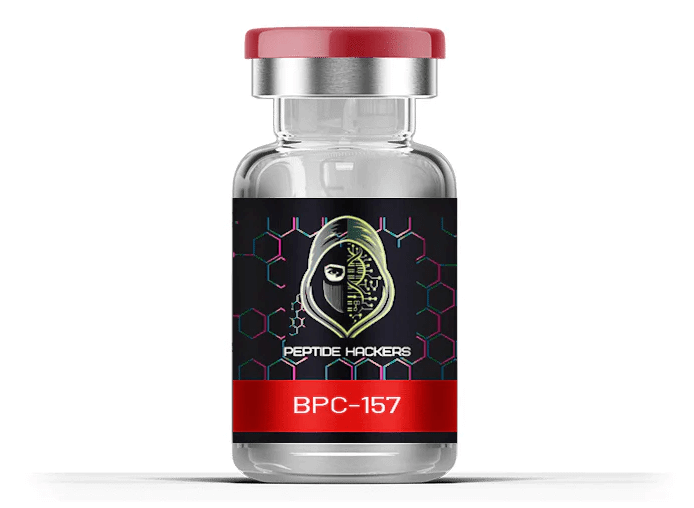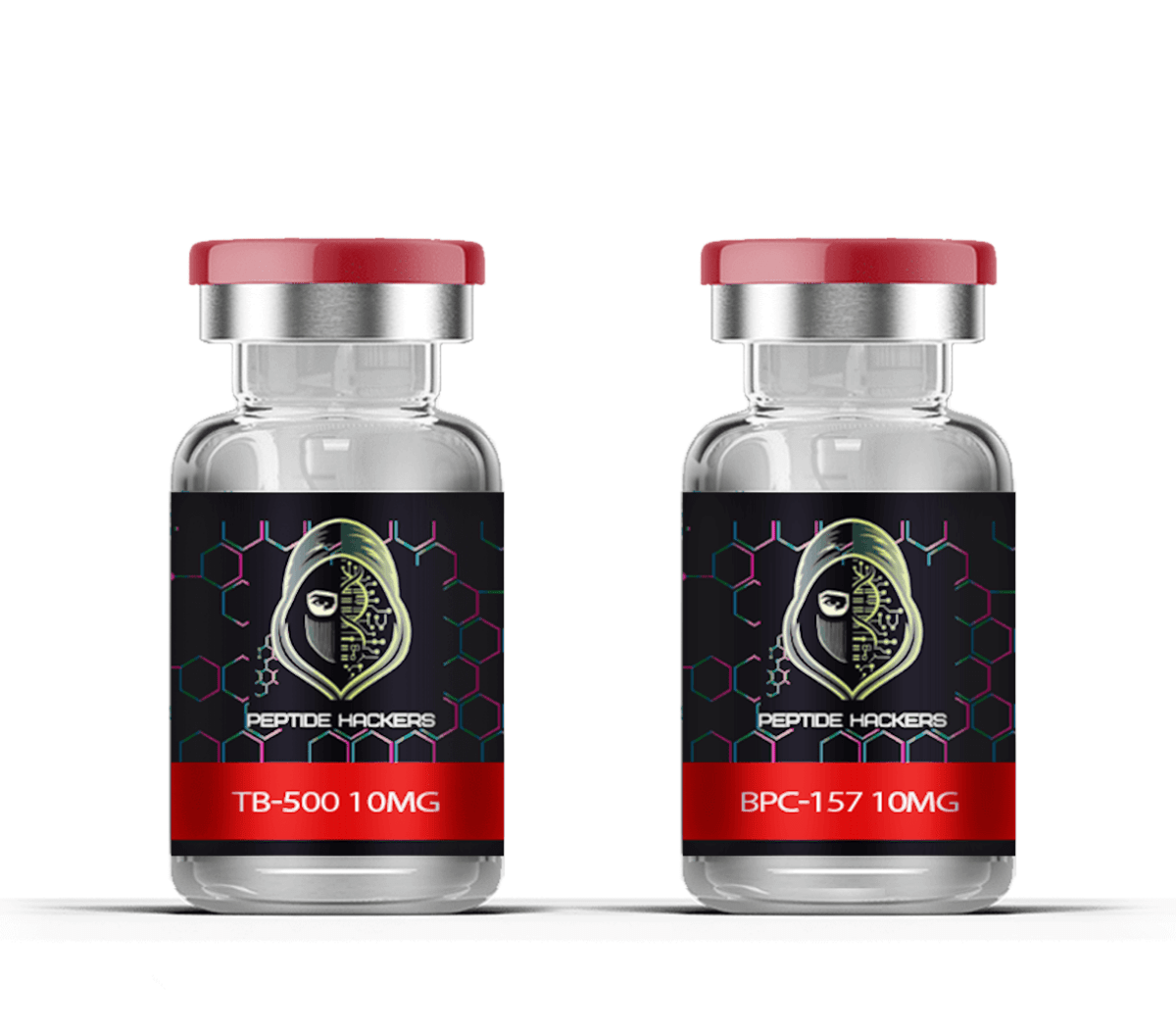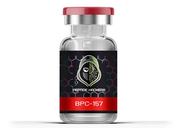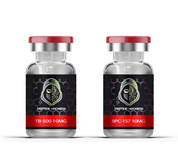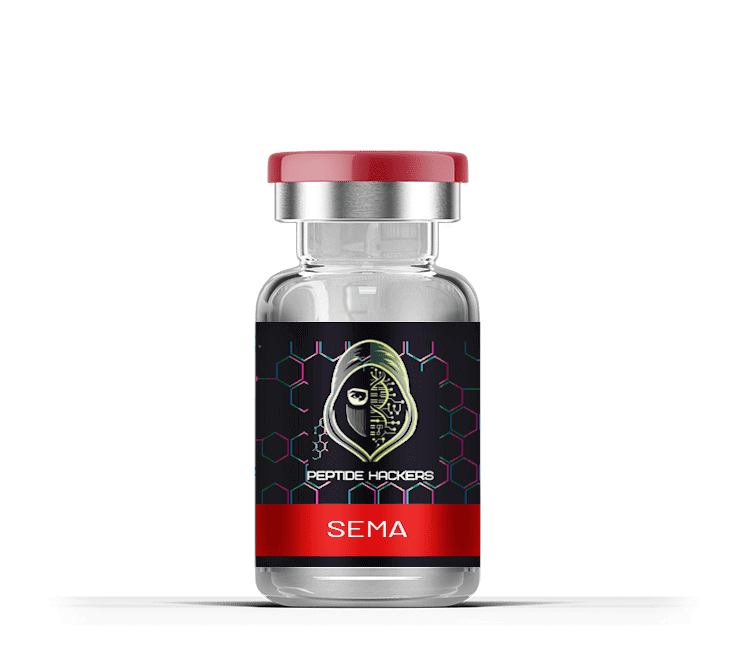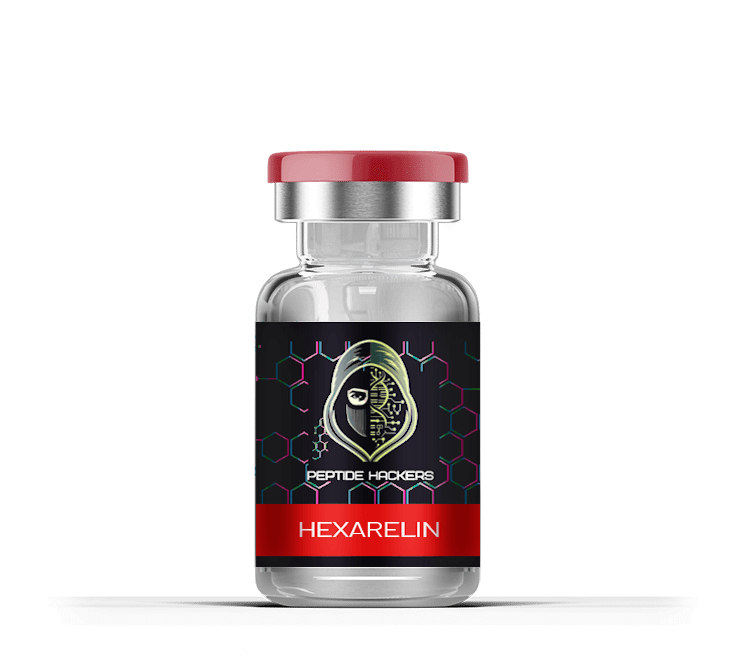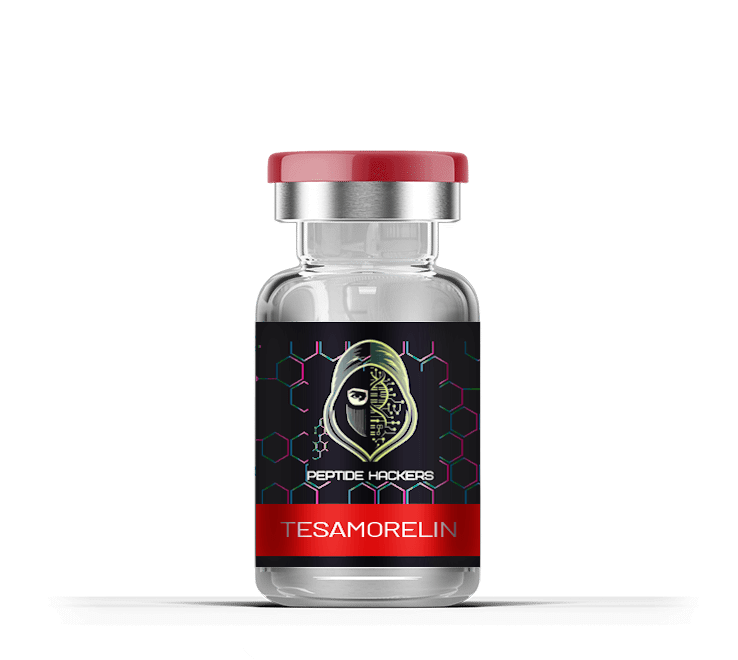BPC-157 for Dogs Research Topic in canine models
Shipping: We offer reliable shipping options both domestically and internationally. All orders are processed within 1-2 business days. Shipping times vary depending on your location, and you will receive a tracking number once your order has shipped. Please note that international customers are responsible for ensuring that peptide products comply with their country’s import regulations.
Returns: Due to the specialized nature of our products, we do not accept returns or exchanges. If you receive a damaged or incorrect item, please contact our customer support team within 7 days of delivery. We will work to resolve the issue as quickly as possible, either by sending a replacement or providing a refund if applicable. For additional questions about shipping or returns, please reach out to our support team.
```html
BPC 157 in Canine Models Research Overview
BPC 157 also called Body Protective Compound 157 is presented here as a research topic in canine models. The material discussed is for laboratory investigation of tissue repair pathways, angiogenesis, and inflammation under controlled conditions. This page does not provide veterinary advice and does not endorse use in pets. Not for human or veterinary use.
Key Takeaways
- BPC 157 is an investigational peptide studied in canine and other animal models for wound and tissue repair biology in the lab
- Reported mechanisms in models include changes in local blood flow, microvascular growth, and modulation of inflammatory signaling
- No dosing or administration guidance is provided on this page and we do not support or endorse veterinary use
- Angiogenesis observed in models suggests caution around neoplasia research contexts this is not a treatment warning for pets because use in animals is not advised
- Safety for companion animals is not established findings cited across decades are preclinical and do not translate to care decisions
🎯 Critical Information
🔥 Bottom Line Up Front
This page summarizes laboratory research on BPC 157 in canine models. It does not provide instructions for use in animals and does not offer medical or veterinary advice. Materials referenced are for laboratory research only.
✅ What researchers study
- Wound biology model based recovery endpoints
- Gut physiology mucosal integrity in controlled studies
- Joint and tendon models structure and function readouts
- Organ systems liver kidney heart protocols in vivo and ex vivo
- Inflammation panels cytokine trends under stress
⚠️ Research context
- No veterinary use this page does not advise use in pets
- No instructions no dosing stacking or routes
- Angiogenesis noted consider neoplasia context when designing studies
- Preclinical data results vary by model and protocol
- Reproducibility use controls and validated methods
💡 Study design notes
- Define endpoints before starting work
- Use approved SOPs and institutional oversight
- Document handling storage and stability per lot COA
- Report limitations and potential confounders
- Do not extrapolate to animal care or human use
🧬 What is BPC 157?
BPC 157 is a fifteen amino acid peptide studied for effects on tissue protection and repair pathways. Research spans gastrointestinal mucosa models and other organ systems under controlled conditions. The focus here is research only not therapy.
🔬 The science frame
Think of it this way: investigators test whether a gastric derived peptide analog can influence repair signaling outside the stomach in defined models with measured endpoints.
- Synthetic peptide produced by solid phase synthesis for research
- Identity and purity verified by analytical methods per lot COA
- Decades of publications primarily preclinical
- Avoid marketing nicknames use precise nomenclature in study reports
🏥 Research timeline
Multiple institutions have reported preclinical findings over several decades. These reports inform mechanism questions they do not establish safety or efficacy for veterinary practice.
⚙️ How BPC 157 Works

Proposed mechanisms are investigated at cellular and tissue levels. Examples below are research themes not treatment claims.
| 🩸 Blood flow endpoints | 🧬 Microvascular growth |
|---|---|
|
|
| 🔥 Inflammation panels | ⚗️ Molecular signals |
|
|
✨ Research Areas for Canine Models

🩹 Wound and tissue models
| Endpoint | What is measured |
|---|---|
| Neovascularization | Formation of new vessels in injury sites |
| Perfusion | Delivery of nutrients and oxygen to damaged areas |
| Closure time | Resolution timelines in standardized wounds |
| Scar quality | Histology based scoring systems |
| Use cases | Cutaneous and surgical models under protocol |
🫀 Organ system protocols
| System | Typical research focus |
|---|---|
| 🫁 Gastrointestinal | Mucosal integrity and ulcer models |
| 🫀 Liver | Protective physiology in defined insults |
| 🫘 Kidneys | Tissue protection endpoints |
| ❤️ Heart | Cardiovascular support markers |
| 🧠 Brain | Neuro protection signals and gut brain axis |
| 💪 Muscle and tendon | Recovery timelines and structure function tests |
| 🦴 Bone and cartilage | Cartilage content and joint function in models |
| 👁️ Eye | Corneal defect protocols |
🎯 Specialized applications
- Spinal models inflammation and neural measures
- Ligament stress structured rest and recovery protocols
- Disc disease models perilesional inflammation endpoints
🛡️ Safety & Preclinical Evaluation
📊 Selected reports from preclinical literature
| 📌 Reported findings | 🔬 Study context |
|---|---|
|
|
⏱️ Pharmacokinetics profile as reported
| Parameter | Example value reported |
|---|---|
| Elimination half life | On the order of minutes in animal models |
| Peak plasma levels | Early time points after administration in studies |
| Detection window | Limited hours depending on method |
| Primary metabolite | Amino acid fragments |
| Pathways | Typical peptide metabolism |
These data are informational for researchers and are not guidance for veterinary care.
💉 Administration and Dosage

📏 Dosage Guidelines
🐕🦺 Large Dogs
We do not publish dosing
Not for veterinary use
🐕 Medium Dogs
We do not publish dosing
Not for veterinary use
🐶 Small Dogs
We do not publish dosing
Not for veterinary use
Important: This site does not provide dosing ranges or administration instructions. Materials are for laboratory research only.
💉 Administration Methods
🎯 Subcutaneous Injection
- No route of administration guidance is provided on this site
💧 Oral Administration
- No route of administration guidance is provided on this site
🧴 Topical Application
- No route of administration guidance is provided on this site
⚠️ Potential Risks and Side Effects

😌 Notes from research contexts
Reports in animal models describe observations that may include local irritation and transient reactions at administration sites in tolerance tests. These are study observations not care guidance.
- Local reactions in some protocols
- Transient redness or swelling reported in tolerance assessments
- Study specific findings vary by design and species
🚨 Important study design caution
Because angiogenesis is a recurring theme in this literature, researchers often exclude neoplasia models unless that is the explicit endpoint. This is a study design note only. We do not advise use in animals.
👀 Models requiring additional oversight
Programs that involve immature animals, pregnancy models, or multiple concurrent agents require appropriate institutional approvals and oversight. This site does not provide veterinary guidance.
🫀 Gut Health Applications
Many studies explore gastrointestinal endpoints. The items below are research concepts not treatment promises.
🔧 Gut related research themes
Investigators examine whether BPC 157 influences mucosal integrity and inflammatory tone under defined stressors.
- Tight junction integrity and barrier function
- Inflammation resolution in intestinal models
- Immune signaling within gut tissues
- Brain gut axis communication markers
- Ulcer models with standardized scoring
🧠 Brain gut axis
The brain gut axis is a frequent area of interest. Outcomes include digestion, behavior correlates in animals, and immune measures under stress. These are laboratory endpoints only.
🦴 Joint Health Models
Work in joints focuses on structure and function after defined injury or stress. This is research not veterinary advice.
🔧 Joint related research themes
Programs examine inflammation, cartilage content, and function tests.
- Inflammation resolution within synovial tissues
- Cartilage matrix composition in models
- Periarticular perfusion changes
- Soft tissue recovery timelines
- Intrinsic repair signals in controlled settings
🎯 Example conditions studied
| Model | Measured endpoints |
|---|---|
| Osteoarthritis models | Inflammation scores and cartilage content |
| Ligament strain | Recovery timelines and function tests |
| Tendon injury | Healing curves and histology |
| Hip dysplasia models | Inflammation markers and mobility metrics |
| Post surgical models | Healing quality after standardized procedures |
🏃 Observational notes
Anecdotal reports exist online but are not a substitute for controlled research. This site does not endorse personal use in pets.
🌿 Combination with supplements in studies
If studies include co interventions like omega oils or cartilage building blocks, they must be documented and controlled. This is a research note only.
❓ Frequently Asked Questions
🎯 Conclusion
BPC 157 remains an active research topic in canine models with emphasis on tissue repair, angiogenesis, and inflammation pathways. These findings belong in the lab. They are not a substitute for veterinary care or approved therapies.
If you are designing studies, follow institutional policies, define endpoints, and document methods and limitations. Do not extrapolate laboratory observations to personal use in pets.
This page is educational. Not for human or veterinary use. No medical or veterinary advice is provided.
⚠️ For animal health concerns speak with a licensed veterinarian about approved diagnostics and treatments
📚 Sources & References
Selected Publications
-
Pharmacokinetics of BPC 157 in rats and dogs
https://www.frontiersin.org/journals/pharmacology/articles/10.3389/fphar.2022.1026182/full -
Effect on stomach perforation models
https://www.wjgnet.com/1007-9327/full/v29/i27/4289.htm -
Corneal healing models
https://hrcak.srce.hr/18684 -
Ocular studies review
https://www.mdpi.com/1424-8247/16/7/1052 -
Brain gut axis and BPC 157
https://www.mdpi.com/1424-8247/16/5/676 -
Acute pancreatitis models
https://www.mdpi.com/2227-9059/10/6/1299 -
Muscle related endpoints
https://www.mdpi.com/2227-9059/10/12/3221 -
Stress in gastrointestinal tract and BPC 157
https://www.eurekaselect.com/article/81583
Abstract: https://pubmed.ncbi.nlm.nih.gov/28228088/
Additional reading
-
Peptide Hackers research overview for pets category
https://peptidehackers.com/blogs/peptides-for-pets/bpc-157-for-dogs-orthopedic-injury-recovery-joint-health
This guide is educational and intended for researchers. It does not replace professional veterinary advice and does not endorse use in animals. For pet care questions consult a licensed veterinarian.
```
Our Story, Our Promise
At PeptideHackers, we’re committed to advancing research by providing high-quality peptides for scientific and research purposes. We ensure the highest standards and transparency in every product, supporting your research with science-backed solutions. Welcome to PeptideHackers.
Frequently Asked Questions
-
Due to the sensitive nature of our research products, we do not accept returns or exchanges. However, if you receive a damaged or incorrect item, please contact our customer support team within 7 days of receiving your order, and we will work to resolve the issue.
-
Research peptides are short chains of amino acids designed for laboratory and scientific research purposes only. They are not intended for human or animal use.
-
Peptides should be stored in a cool, dry place. For long-term storage, refrigerate at 4°C, and for even longer preservation, freezing at -20°C is recommended.
-
Yes, we provide a Certificate of Analysis (COA) for every batch of peptides, detailing the purity and composition to ensure research quality.

